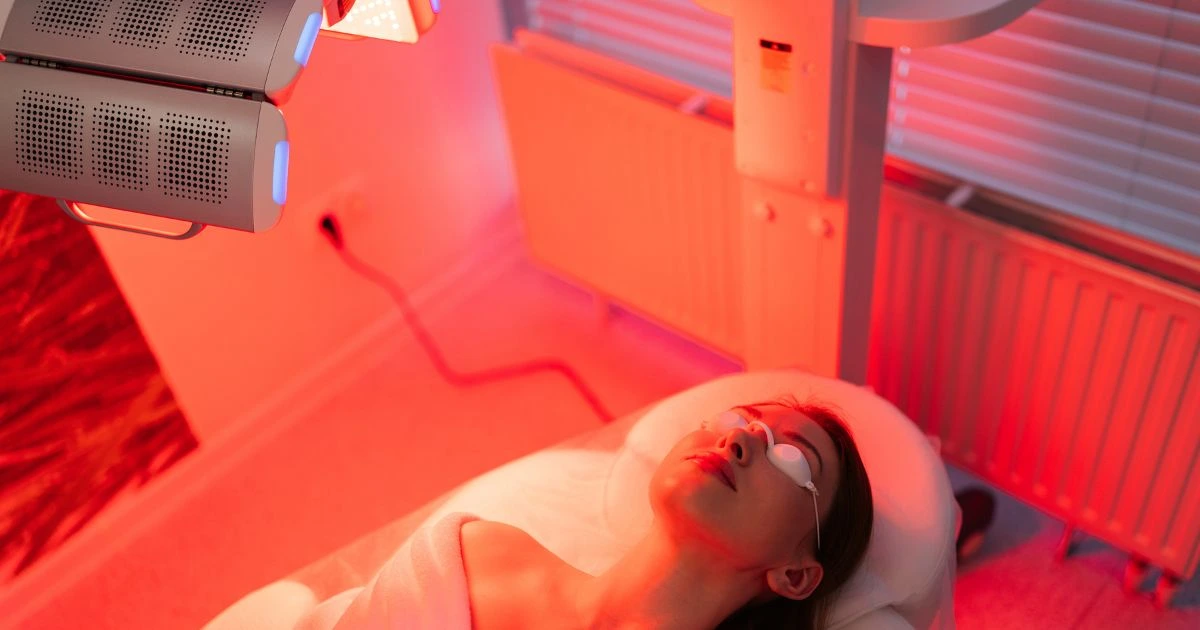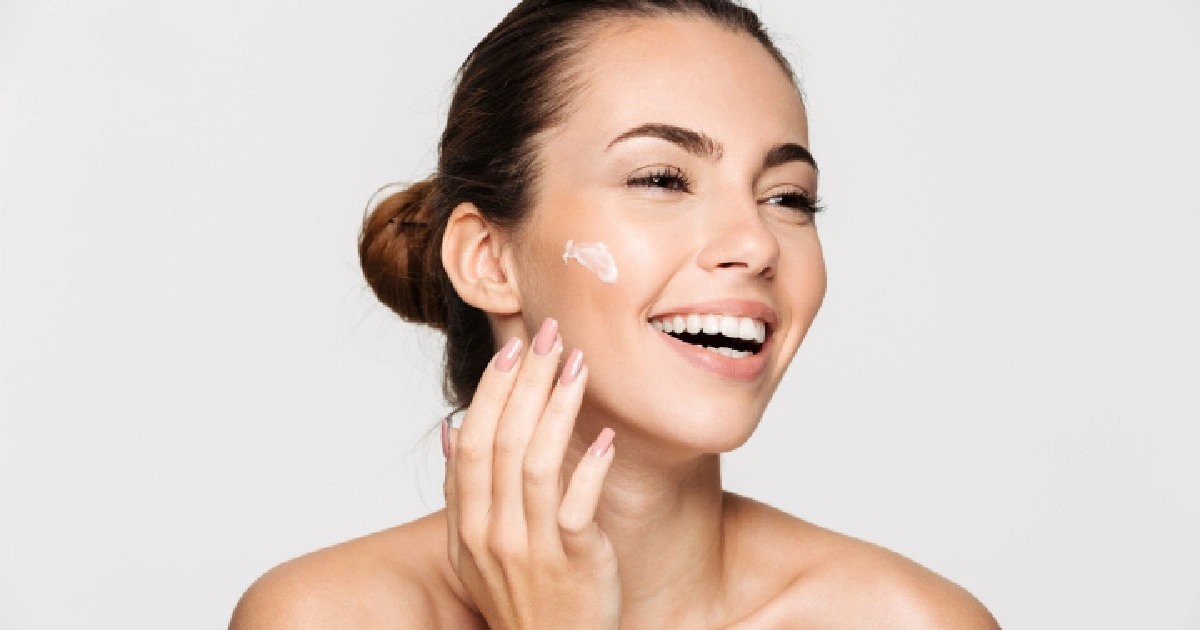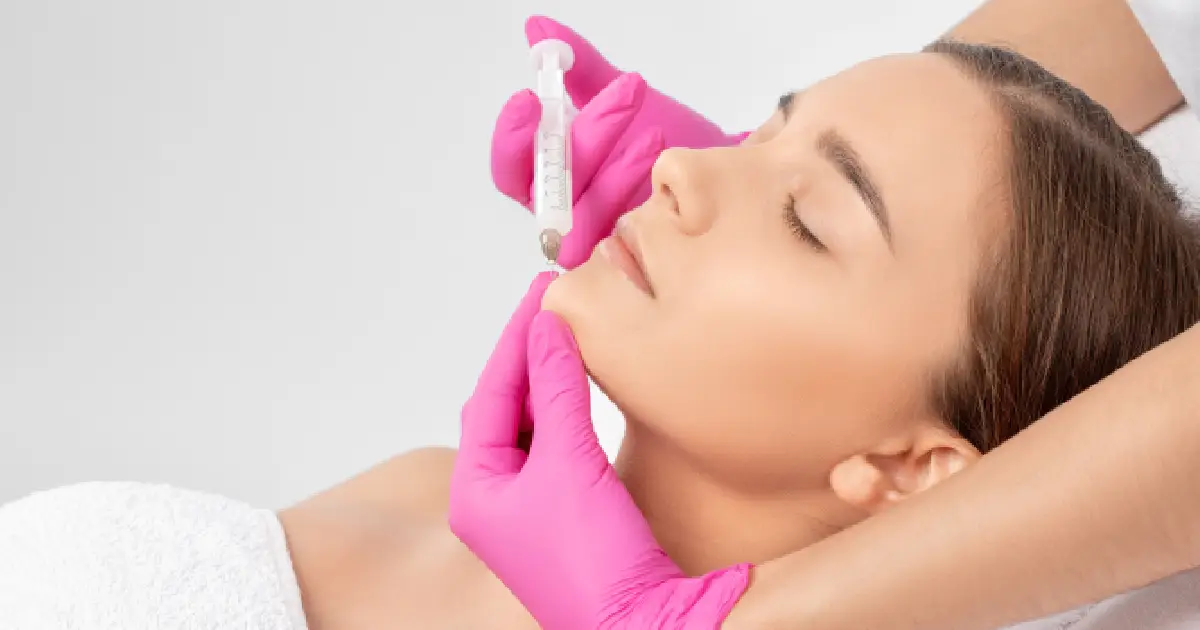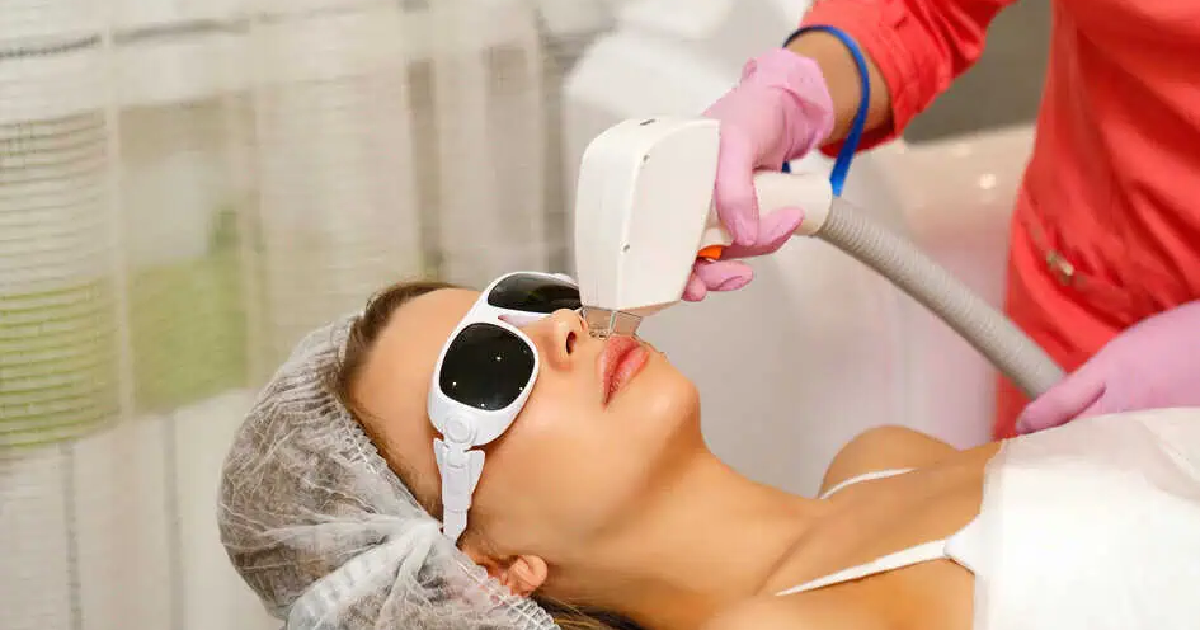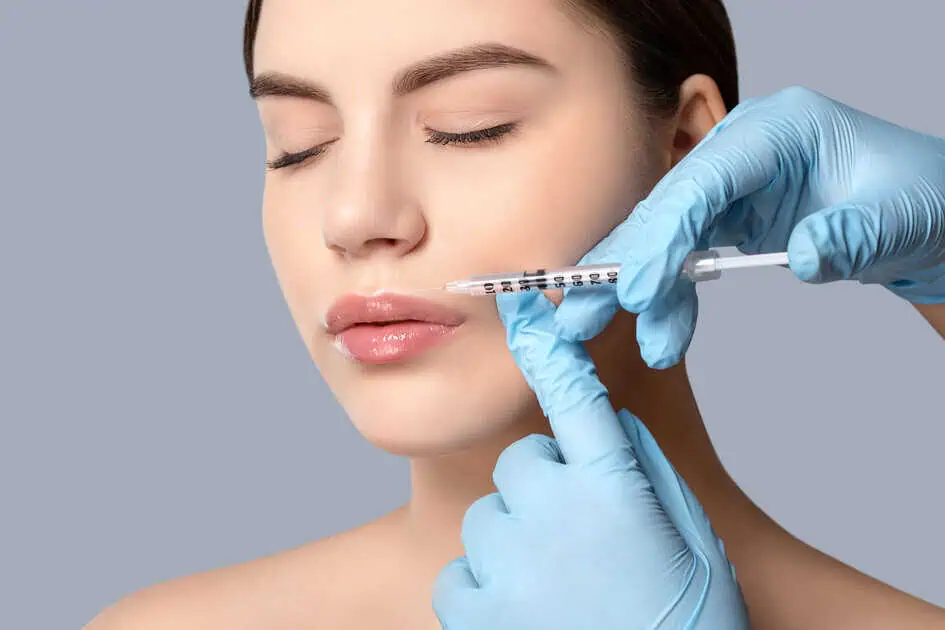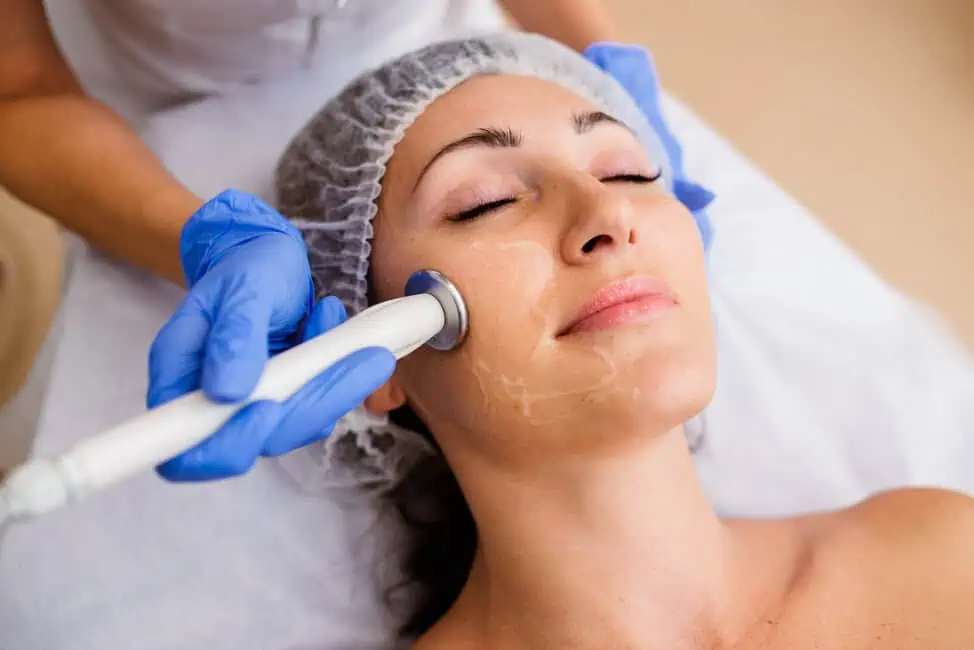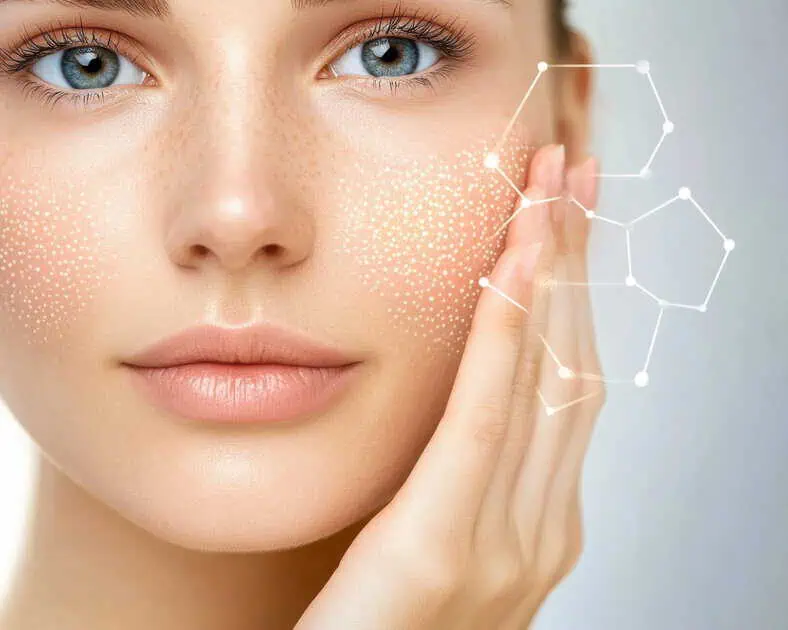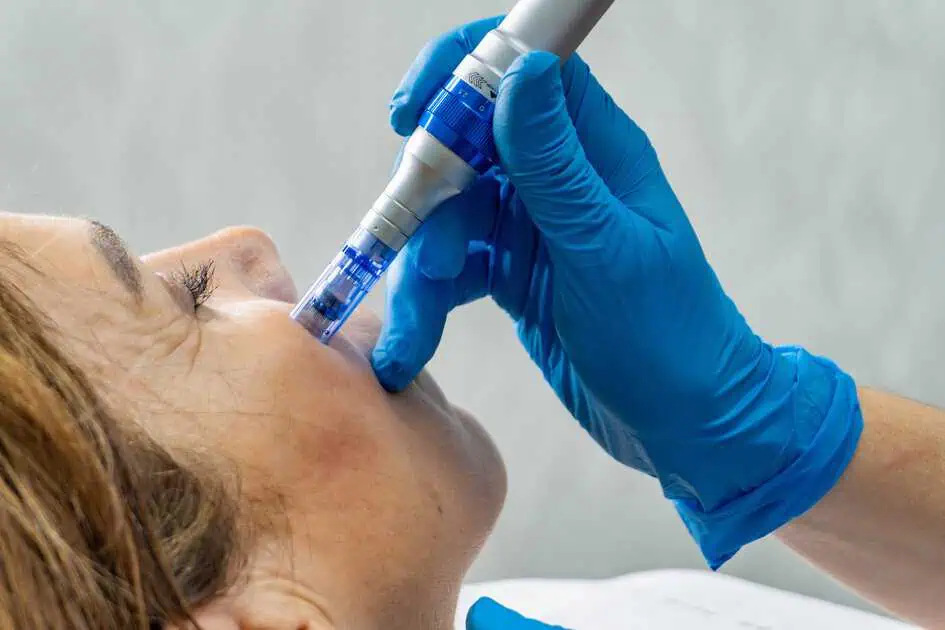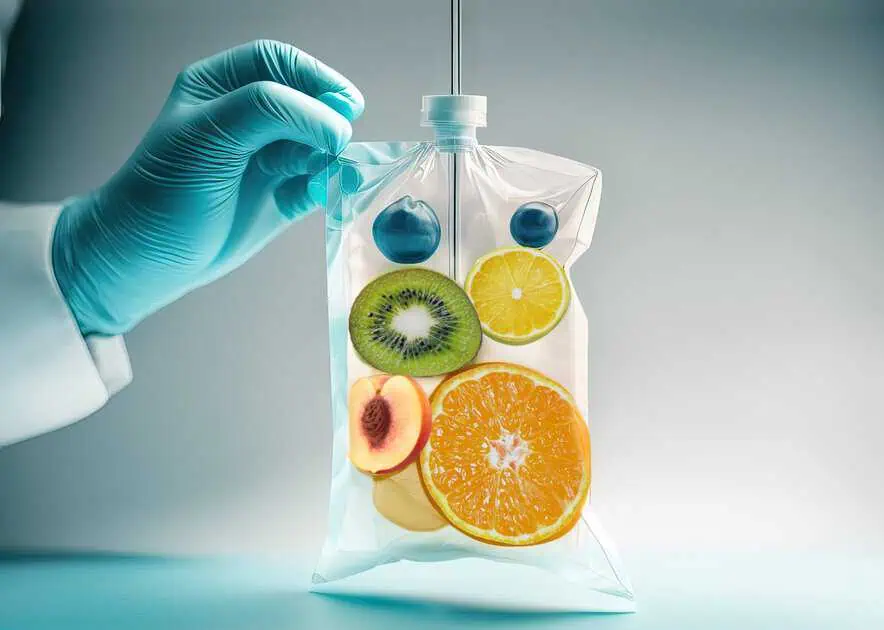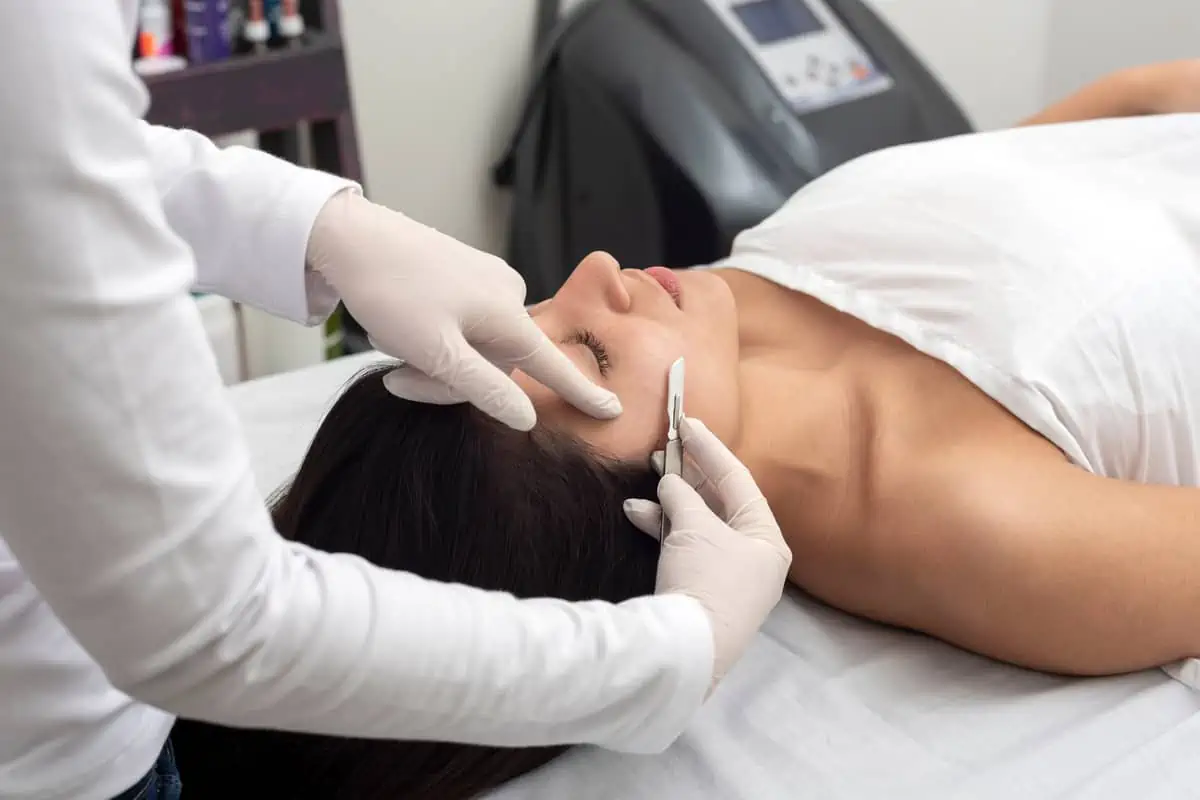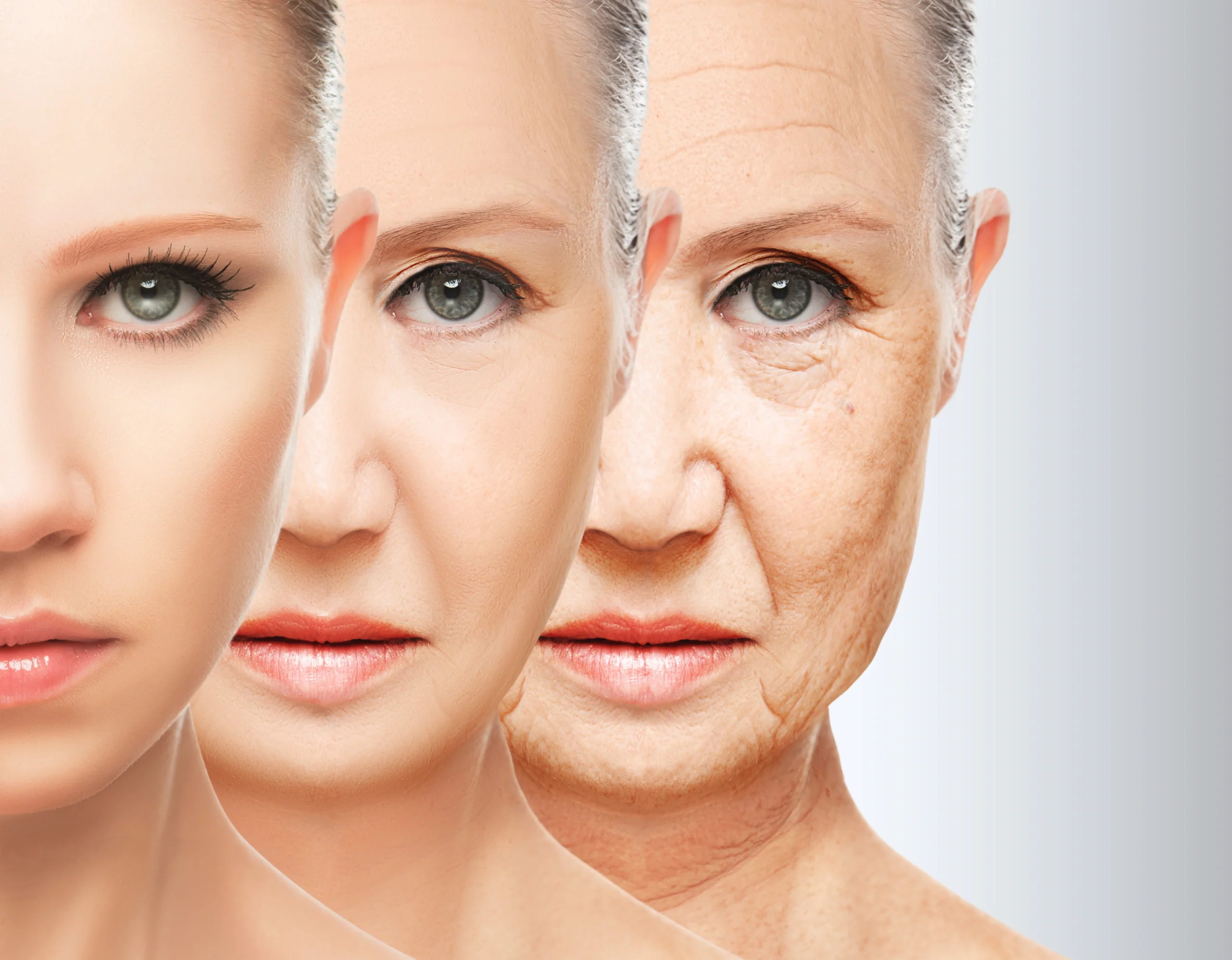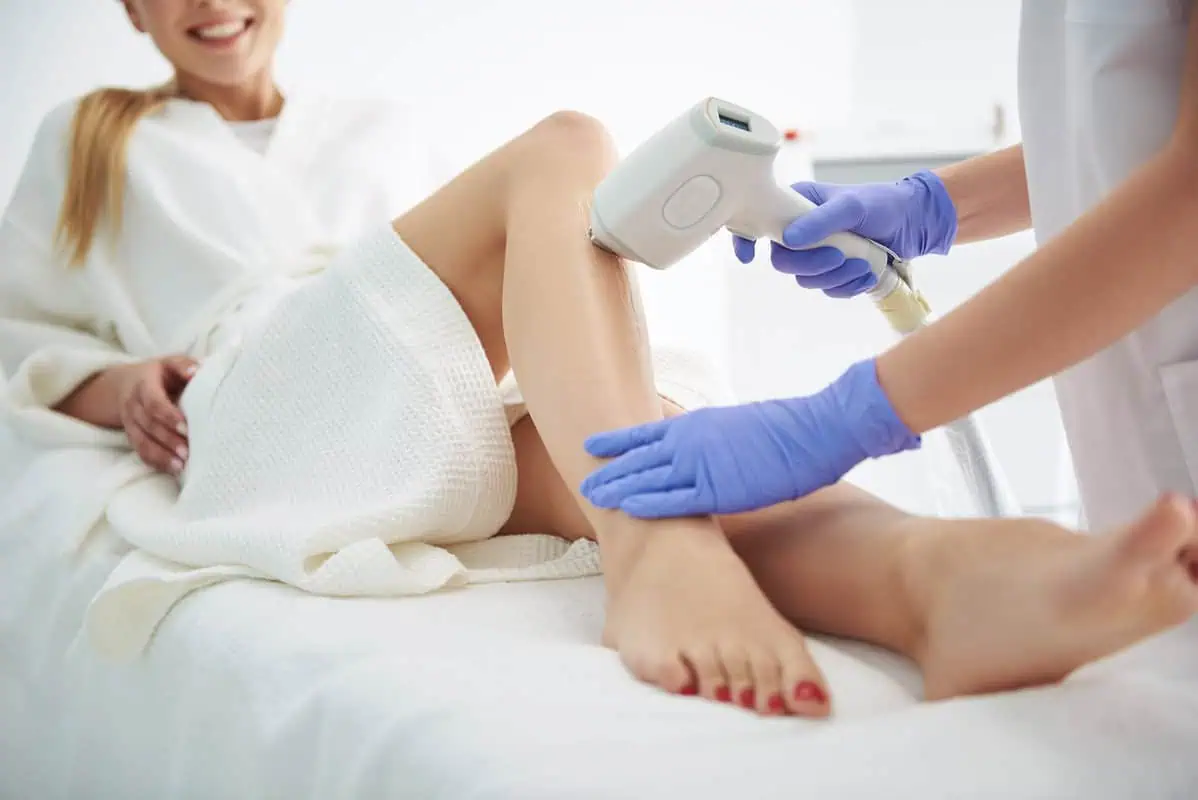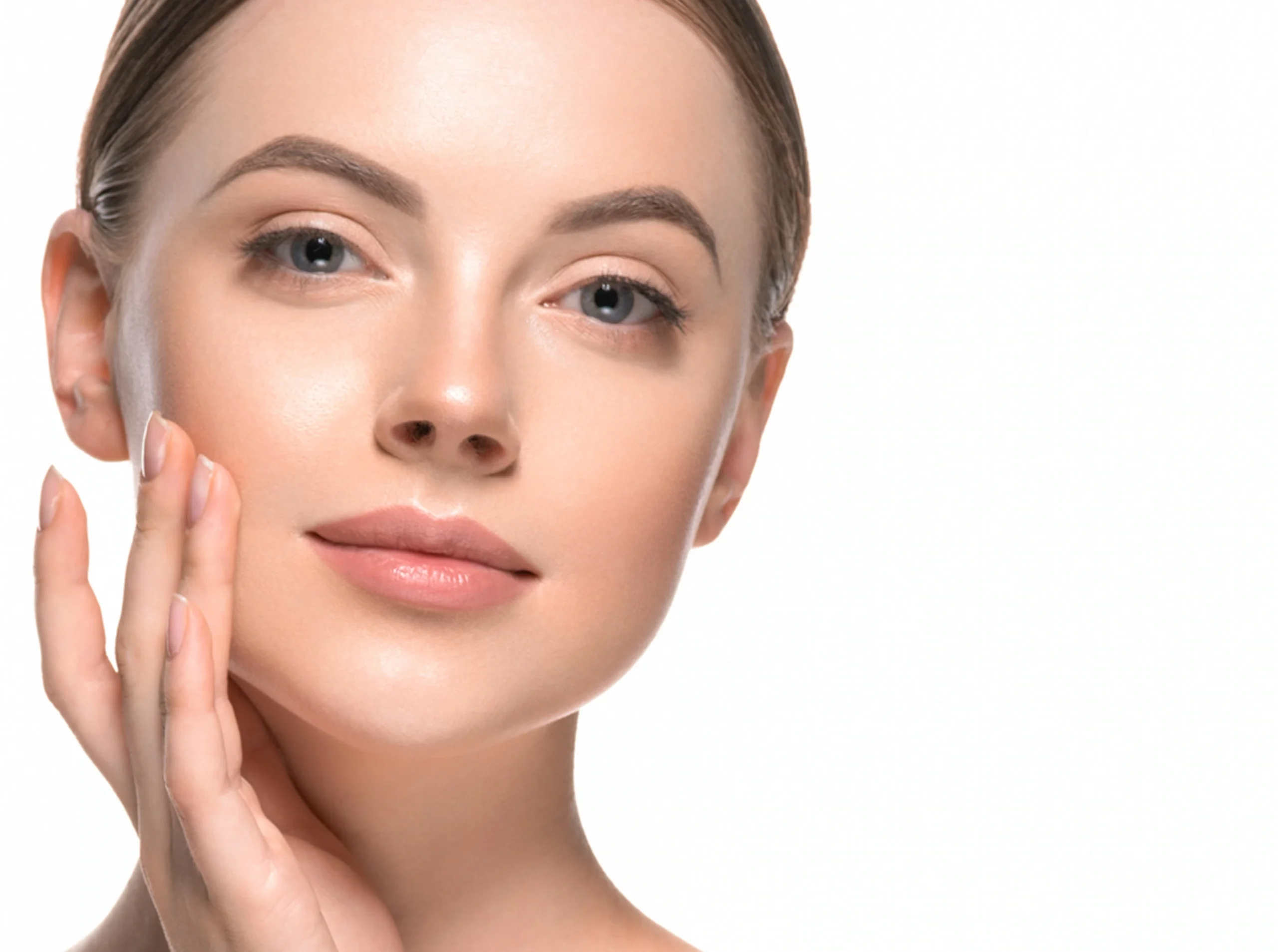Table of Contents
Acne is one of the most common skin conditions affecting millions worldwide. Many people find it challenging to find a remedy that adequately addresses active breakouts and the lasting scars they leave behind, even with the abundance of treatments available. Discover the power of chemical peels—a revolutionary skincare solution for achieving radiant, clear skin. This comprehensive guide explores the different types of chemical peels, their benefits, how they treat and prevent acne breakouts, and the results you can expect.
Whether you’re dealing with stubborn acne, uneven tone, or signs of aging, chemical peels offer a customizable approach to suit your skin’s unique needs. With proper care and professional guidance, they can transform your complexion and restore a healthy, youthful glow.
What is a Chemical Peel for Acne?
Applying a chemical solution to the skin resurfaces it through a chemical peel. With consistent use, this solution causes the outer layer of the skin to gradually shed, revealing fresh, rejuvenated skin beneath. Chemical peels are an effective way to treat acne because they clear pores, significantly reduce inflammation and lessen the visibility of acne scars.
Chemical peels for acne help speed up the skin’s natural exfoliation, boost cell turnover, and improve overall texture and tone. They are particularly effective for those with mild to moderate acne. Still, they can also benefit individuals with severe acne when used as part of a comprehensive treatment plan.
Types of Chemical Peels for Acne
Chemical peels come in different strengths and are classified as superficial, medium, or deep peels. Each type has unique benefits and is suited for different skin concerns and acne severities.
Superficial Peels
The mildest chemical peels are called superficial or light peels. They commonly use alpha-hydroxy acids (AHAs), like glycolic acid, and beta-hydroxy acids (BHAs), like salicylic acid. These peels are ideal for treating mild acne by unclogging pores, gently exfoliating the skin’s surface, and reducing excess oil production.
Medium Peels
Medium peels access more skin than superficial ones. They often contain higher concentrations of glycolic acid or trichloroacetic acid (TCA). Moderate acne can be effectively treated with medium peels, improving skin texture and lessening the visibility of acne scars.
Deep Peels
Deep peels are the most intense chemical peels, using powerful acids like phenol. They penetrate the deepest layers of the skin and are typically reserved for severe acne scarring and other significant skin issues. Due to their strength, deep peels require a more extended recovery period but can deliver dramatic results.
Chemical Peel Acne Treatment: The Process
Consultation
The first step in a chemical peel acne treatment is a thorough consultation with a dermatologist or licensed skincare professional. During the consultation, your skin type, acne severity, and medical history will be evaluated to determine the most suitable type of peel for you.
Preparation
Before undergoing a chemical peel, you may be advised to prepare your skin with specific skincare products, such as retinoids. These products can help precondition the skin and enhance the peel’s effectiveness. Avoiding sun exposure and taking certain medications that can increase skin sensitivity are also important.
The Procedure
On the day of the procedure, your skin will be cleaned thoroughly to remove any oils and pollutants. Then, the chemical solution will be administered to the skin with an applicator, cotton ball, or brush. A tingling or burning sensation could occur when the solution exfoliates your skin.
Post-Treatment Care
After the peel, your skin will require time to repair and rejuvenate. Following your provider’s aftercare instructions, including avoiding direct sunlight, using mild skin care products, and maintaining hydrated skin, is essential. You can also feel irritation, peeling, and redness as the skin heals.
Chemical Peels for Acne Scars
The capacity of chemical peels to lessen the visibility of acne scars is one of its most important advantages. Chemical peels can help even out the tone of your skin, regardless of whether you have hyperpigmentation, rolling, boxcar, or ice-pick scars. By promoting collagen production and accelerating skin cell turnover, chemical peels can further enhance skin texture and reduce the depth of scars.
How They Work on Scars?
Chemical peels help acne scars by removing the surface layers of damaged skin and encouraging the deeper layers of skin to produce more collagen. Collagen is one essential protein that maintains the suppleness and structural integrity of the skin. Chemical peels stimulate collagen production, which helps to improve the overall texture of the skin and fill in depressed scars.
Types of Scars and Suitable Peels
- Hyperpigmentation: Superficial peels with AHAs or BHAs can lighten dark spots and skin tone.
- Boxcar Scars: Medium peels with TCA can help to smooth out these wider, shallow scars.
- Rolling Scars: Medium to deep peels can break up the fibrous bands that cause these scars, leading to smoother skin.
- Ice-Pick Scars: Deep peels are often required to effectively treat these narrow, deep scars.
Acne Chemical Peel Benefits
Chemical peels offer a multitude of benefits for individuals struggling with acne and acne scars. Here are some of the key advantages:
Reduces Acne Breakouts
Chemical peels can significantly reduce the frequency and severity of acne breakouts by unclogging pores, reducing oil production, and eliminating bacteria.
Improves Skin Texture
Chemical peels exfoliate the skin, removing dead skin cells and promoting the growth of new, healthy cells. This results in smoother, softer skin with a more even texture.
Minimizes Acne Scars
As mentioned earlier, chemical peels can reduce the appearance of acne scars by promoting collagen production and resurfacing the skin.
Brightens Skin Tone
Chemical peels can help to even out skin tone and reduce hyperpigmentation, resulting in a brighter, more radiant complexion.
Enhances Skincare Product Absorption
Chemical peels eliminate the outer layer of dead skin cells, improving the absorption of skincare products and boosting their effectiveness.
Reduces Fine Lines and Wrinkles
In addition to treating acne and acne scars, chemical peels can also help to lessen the presence of fine lines and wrinkles, providing an anti-aging benefit.
Chemical Peel Acne Results: What to Expect
The effectiveness of a chemical peel for acne depends on the type of peel used, the severity of your acne, and your individual skin type. Here are some general expectations:
Immediate Effects
After a superficial peel, you may notice an immediate skin texture and tone improvement. However, it is expected to experience some redness and peeling for a few days post-treatment.
Short-Term Results
The full benefits of the peel will become more apparent within a week or two. You can expect reduced acne breakouts, smoother skin, and a brighter complexion.
Maintenance
Maintaining the benefits of your chemical peel requires adhering to a proper skincare regimen and avoiding things that aggravate acne, like too much sun exposure and items that clog pores. Maintaining clear, healthy skin may also require routine follow-up treatments.
Takeaway:
At Posh Medical Spa, we believe that radiant skin is the key to lasting self-confidence. Our expertly crafted chemical peel treatments not only target acne concerns but also refine your overall complexion, helping you face each day with renewed clarity and confidence. Reach out to us today!
Our skilled team is committed to delivering personalized care, tailoring each treatment to suit your unique skin type and goals for the best possible results. Let us help you reveal your healthiest, most luminous skin. Book your consultation now and take the first step toward glowing, blemish-free skin!


